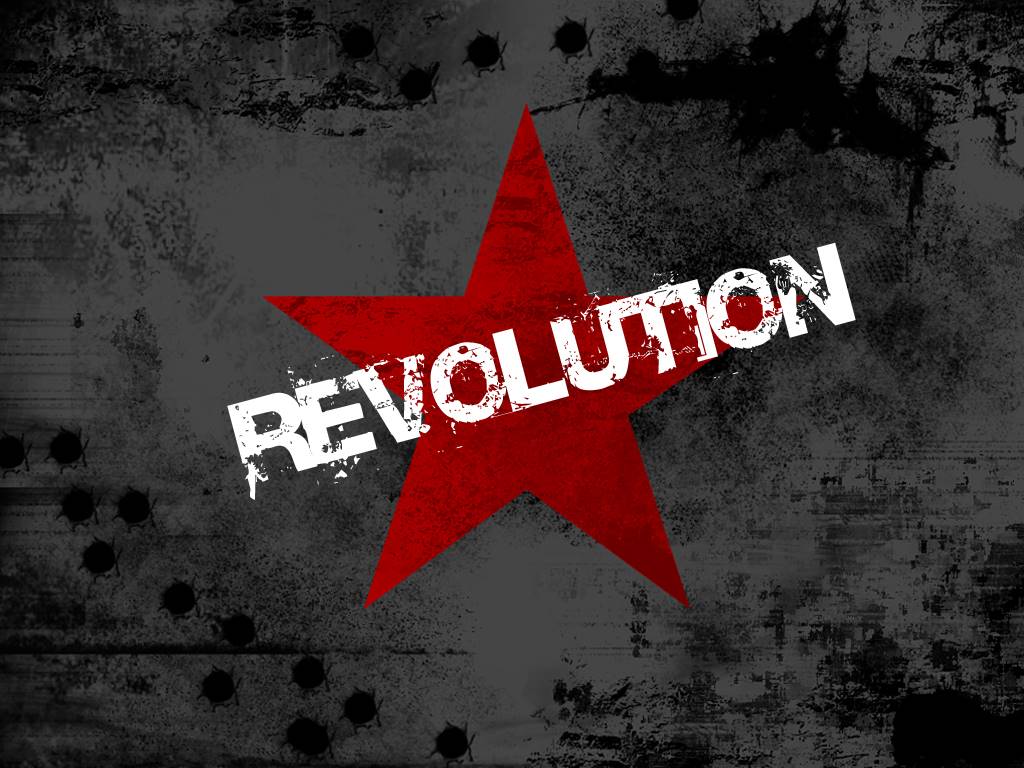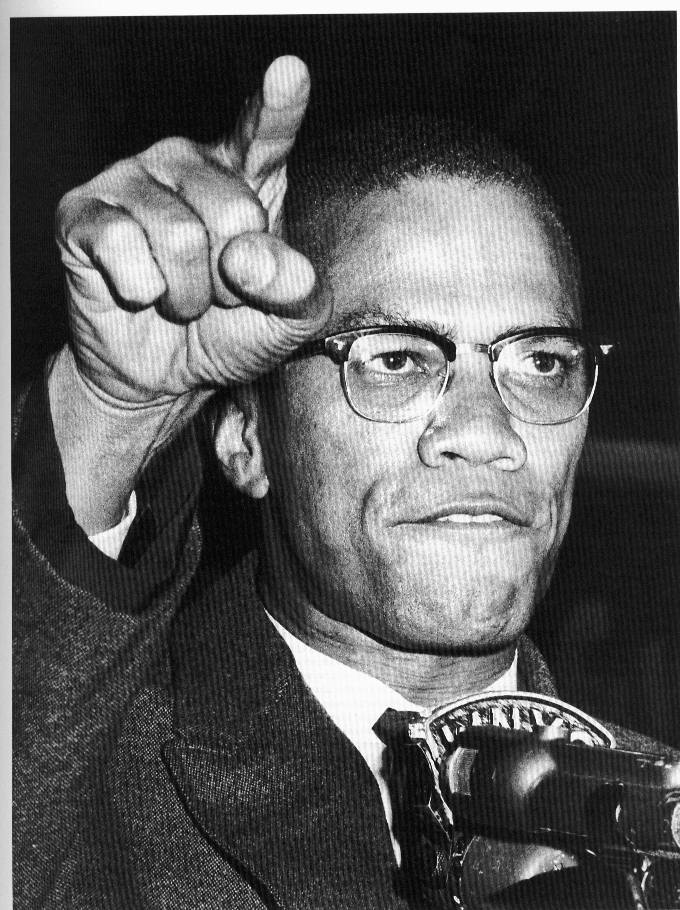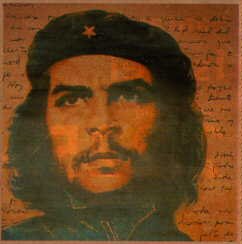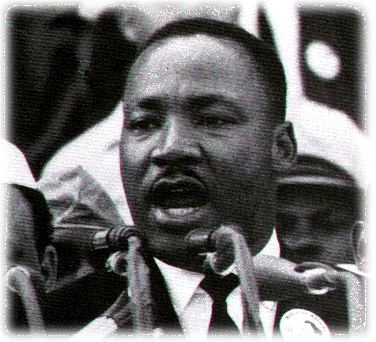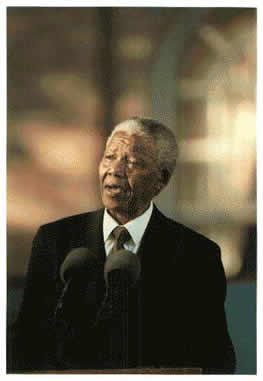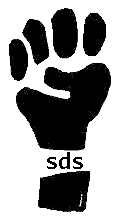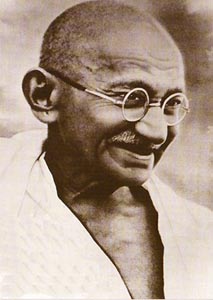I hate the world and all within
Its full of shit and full of sin
All I want to do is fly
There’s no room in my life to cry.
I hate the world and all around
Everyone wears a tear and frown
They smile at you, but they don’t care
You’re different, so they watch in fear.
I love to look at the setting sun
After a hard day of having fun
You sit back and watch light go
See darkness come with its own special glow.
I love the world of loving dreams
Where nothing is as bad as it seems
When things don’t seem to be going your way
Simply open your eyes and awake you stay.
All in all, its pretty fuked
Some things you like and some have you shocked
What can u do but go with the flow.
Till your time is up, u learn whilst you grow.
P.S. some drugs won't take no for an answer...
Sunday 30 September 2007
The Happy Medium
From the earliest known presence of mankind in the plains of Ethiopia through the emergent civilisations of Africa, Eurasia and the Western Hemisphere, to this day, in fact, mankind has struggled to strike a balance between what is needed for survival and what would contribute to legacy. One has only to consider the diverse articulations of the Upanishads or Buddha with that of Machiavelli or Protagoras to appreciate the breadth of the spectrum of perception.
This quest for balance led to the emergence of value systems – ethical codes or guidelines for daily life – some of which we recognise as religions.
Whether we believe they were revealed through divine intervention, as is upheld in Islam and Catholicism, or rather championed by visionaries or opportunists, as is maintained in more secular schools of thought, the fact remains these systems emerged at different times and in different civilisations around the globe.
All the while, indeed, sometimes seemingly in parallel, mankind has marched on, dreaming of perfection and the evolution of superman, as was considered by Dewey, Shaw and Nietzsche. Some see the development process as linear progression, while others advocate cyclic tendencies and act accordingly.
And yet here we are today – a diverse and yet dominant species who (as identified by Sayed Ashraf) have been able to mirror the characteristics of our Creator in our understanding of ourselves, our interaction with our fellow man and even the physical environment.
Yet still, the deeper we delve the more we recognise the mastery and stunning precision of the workings of a Higher Being, as was acknowledged by Bertrand Russell and even more recent counterparts.
We run the risk, however, of undermining those very principles and beliefs we have fought so hard to define and preserve. As we move in this age from the rational to the empirical, we must strive to ensure that these values and beliefs are not only transmitted but internalised so as to foster discovery of intrinsic worth, individual speciality and thereby the unending possibility of intellectual, mental, emotional and spiritual development.
There is need for the recognition and celebration of demonstrated competence and awareness of values within a system based – not on freedom as initially conceptualised by Plato, or equality as articulated by Marx and Ingles, but of a system based on justice – the most delicate of balances between the individual and society. The happy medium as described in the Qur’an.
And was it not Rumi who said “the middle path is the way to wisdom”?
This quest for balance led to the emergence of value systems – ethical codes or guidelines for daily life – some of which we recognise as religions.
Whether we believe they were revealed through divine intervention, as is upheld in Islam and Catholicism, or rather championed by visionaries or opportunists, as is maintained in more secular schools of thought, the fact remains these systems emerged at different times and in different civilisations around the globe.
All the while, indeed, sometimes seemingly in parallel, mankind has marched on, dreaming of perfection and the evolution of superman, as was considered by Dewey, Shaw and Nietzsche. Some see the development process as linear progression, while others advocate cyclic tendencies and act accordingly.
And yet here we are today – a diverse and yet dominant species who (as identified by Sayed Ashraf) have been able to mirror the characteristics of our Creator in our understanding of ourselves, our interaction with our fellow man and even the physical environment.
Yet still, the deeper we delve the more we recognise the mastery and stunning precision of the workings of a Higher Being, as was acknowledged by Bertrand Russell and even more recent counterparts.
We run the risk, however, of undermining those very principles and beliefs we have fought so hard to define and preserve. As we move in this age from the rational to the empirical, we must strive to ensure that these values and beliefs are not only transmitted but internalised so as to foster discovery of intrinsic worth, individual speciality and thereby the unending possibility of intellectual, mental, emotional and spiritual development.
There is need for the recognition and celebration of demonstrated competence and awareness of values within a system based – not on freedom as initially conceptualised by Plato, or equality as articulated by Marx and Ingles, but of a system based on justice – the most delicate of balances between the individual and society. The happy medium as described in the Qur’an.
And was it not Rumi who said “the middle path is the way to wisdom”?
Friday 21 September 2007
Pursuing Individual Freedom for Collective Progress
(The following is a speech delivered to an educational institution on the occasion of Emancipation in the Caribbean - a celebration of the end of slavery. Presentations by departments featured Freedom Fighters from various continents)
We have chosen to focus on the freedom fighter – and that is admirable in its recognition of the contribution of individuals to the progression of humankind. It is also serendipitous that I am asked, having been associated with the Centre for Leadership, wherein we can appreciate the challenges in influencing the behaviour – and in many instances the will of people – to effect change.
We have heard from the various centres on the struggles of people throughout the world, and whilst it suggests that trouble; problems and challenges that we may wrestle with are common to persons on the other end of the earth, it also gives hope that in every instance there were persons with the fortitude, the drive to see things the way they should be and then go to whatever means to realise their visions – even if it costs them their lives – even, in fact, their knowing that they may never live to see the results.
But the challenges they faced are as diverse as their approaches to resolve. It is in recognition of this fact that I focus on the changes in the forms of domination over the ages of man.
Firstly there was physical control – accentuated by firstly strategies to conquer and later on developments in weaponry. But the downtrodden outnumbered the privileged, and the control was not sustainable. Then the domination evolved into political control, and took root. But the migration throughout the globe to some version of a democratic model – 1 individual:1 vote - meant that again the vastly outnumbered privileged class could not sustain their power and control.
They found infinitely more success in their economic mechanisms, and the lower classes of society were suddenly caught in conflict between castigating the opportunists and aspiring to their luxuries. The opposition has been and still is growing – but has been unable to date to effectively curb the advances made through economic penetration.
The single visionary hope of the non-aligned movement has faltered, and bi and multilateral trade has been dominated by the forces in power. Ironically, the economic mechanism on the macro level was and is still being fuelled by the economics at the micro level – individual greed and the thirst that perpetuates corruption.
Today, the mechanism of domination has emerged seemingly based on people’s aspirations to comfort – and is wielded under the banner of culture and social conformity. Today, we are barraged through the media with foreign values that appeal to the 'Id' in us all.
And this barrage has broadened in scope as it has delved in depth.
It has accompanied the media interfaces of the technological applications that have meshed into the very fabric of our lives – making us slaves to its lure. It has become distilled to almost the subconscious, leading us on to arrive at those very conclusions that would perpetuate our submission.
And how can we resist? When values and norms are in question, and the real becomes the ideal, the only avenue open to us is the power of the idea. The idea of a new ideal – one that would elevate and sustain the lives of the common man. The idea of a balance between our individual rights and responsibilities to our fellow human beings. The idea of being the pivot in the ever-changing struggle for equity and equality. Essentially, the idea of justice.
This is how we endure. We can be robbed of our liberty and our justice. We can be butchered outright or in slow, spiralling cycles. But we can never be deprived of our thoughts. Ideas. The singular infection that can override the shackles of restriction and the imposed ceilings of compliance.
The real power is the power to think. The power to choose. And action will follow. Naturally.
We have chosen to focus on the freedom fighter – and that is admirable in its recognition of the contribution of individuals to the progression of humankind. It is also serendipitous that I am asked, having been associated with the Centre for Leadership, wherein we can appreciate the challenges in influencing the behaviour – and in many instances the will of people – to effect change.
We have heard from the various centres on the struggles of people throughout the world, and whilst it suggests that trouble; problems and challenges that we may wrestle with are common to persons on the other end of the earth, it also gives hope that in every instance there were persons with the fortitude, the drive to see things the way they should be and then go to whatever means to realise their visions – even if it costs them their lives – even, in fact, their knowing that they may never live to see the results.
But the challenges they faced are as diverse as their approaches to resolve. It is in recognition of this fact that I focus on the changes in the forms of domination over the ages of man.
Firstly there was physical control – accentuated by firstly strategies to conquer and later on developments in weaponry. But the downtrodden outnumbered the privileged, and the control was not sustainable. Then the domination evolved into political control, and took root. But the migration throughout the globe to some version of a democratic model – 1 individual:1 vote - meant that again the vastly outnumbered privileged class could not sustain their power and control.
They found infinitely more success in their economic mechanisms, and the lower classes of society were suddenly caught in conflict between castigating the opportunists and aspiring to their luxuries. The opposition has been and still is growing – but has been unable to date to effectively curb the advances made through economic penetration.
The single visionary hope of the non-aligned movement has faltered, and bi and multilateral trade has been dominated by the forces in power. Ironically, the economic mechanism on the macro level was and is still being fuelled by the economics at the micro level – individual greed and the thirst that perpetuates corruption.
Today, the mechanism of domination has emerged seemingly based on people’s aspirations to comfort – and is wielded under the banner of culture and social conformity. Today, we are barraged through the media with foreign values that appeal to the 'Id' in us all.
And this barrage has broadened in scope as it has delved in depth.
It has accompanied the media interfaces of the technological applications that have meshed into the very fabric of our lives – making us slaves to its lure. It has become distilled to almost the subconscious, leading us on to arrive at those very conclusions that would perpetuate our submission.
And how can we resist? When values and norms are in question, and the real becomes the ideal, the only avenue open to us is the power of the idea. The idea of a new ideal – one that would elevate and sustain the lives of the common man. The idea of a balance between our individual rights and responsibilities to our fellow human beings. The idea of being the pivot in the ever-changing struggle for equity and equality. Essentially, the idea of justice.
This is how we endure. We can be robbed of our liberty and our justice. We can be butchered outright or in slow, spiralling cycles. But we can never be deprived of our thoughts. Ideas. The singular infection that can override the shackles of restriction and the imposed ceilings of compliance.
The real power is the power to think. The power to choose. And action will follow. Naturally.
Subscribe to:
Posts (Atom)
